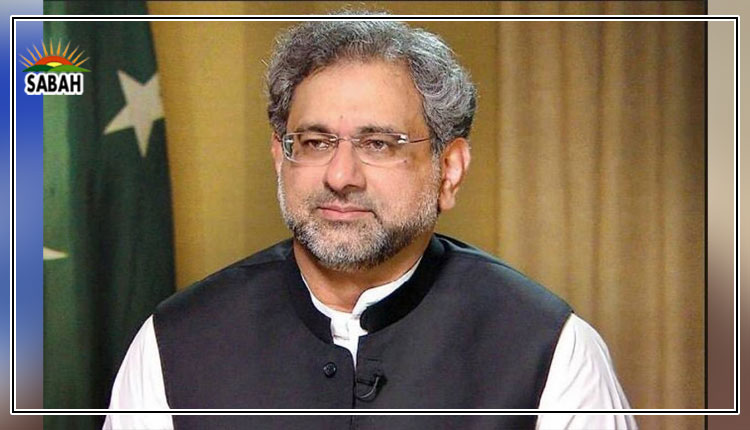A progressive economy….Cj Polychroniou
Both the US and European economies are expected to enter a recession in 2023. For what its worth, the head of the IMF expects a full one-third of the world to slide into recession this year.
What has been causing the upward trends in inflation and why do central banks around the world keep raising interest rates, a policy which will slow economic growth and result in lower wage increases and fewer jobs? Several factors are at play in causing a surge in prices, which include the Covid-19 pandemic, geopolitics, and corporate mark-ups and profit margins, while pure capitalist logic and interests explain why central banks are raising interest rates to fight inflation.
These were some of the conclusions reached by the progressive economists who participated in an international conference on Global Inflation Today organized by the renowned Political Economy Research Institute (PERI) at the University of Massachusetts Amherst and held from December 2-3, 2022.
To start with, a co-authored paper by Robert Pollin (Distinguished Professor of Economics and Co-Director of PERI at UMass Amherst) and Hanae Bouazza shows convincingly that there is no justification why the Federal Reserve and other central banks aim for an inflation target of 2 per cent. Indeed, their research finds no consistent evidence supporting the conclusion that economies at any income level will achieve significant GDP benefit when they maintain inflation within low single digits, ie, between the 02.5 percent inflation range. Not only that, but the evidence suggests that, in general, economies are more likely to achieve higher GDP growth rates in association with inflation ranges in the range of 2.55 percent, 510 percent and, for the most part, 1015 percent.
These are significant findings which raise serious questions about the goals of macro policy. Indeed, if inflation-targeting policy is not conducive to promoting economic growth, what is its primary aim? Citing the work of scholars who have done extensive research around this question, such as Gerald Epstein (Professor of Economics and Co-Director of PERI at UMass Amherst) and others, Pollin and Bouazza suggest that corporate profitability is the primary aim of inflation-targeting policy. Protecting the wealth of the wealthy is the reason why the Fed has taken aggressive steps to tame inflation by raising interest rates, Epstein pointed out in a recent joint interview with Pollin.
Needless to say, the mainstream economic paradigm keeps silent on such matters, and one will never find answers in it on the most important processes that affect the workings of the real world and on the issues that are of paramount importance to the lives of working people.
To be sure, mainstream economics failed miserably in addressing the financial crisis of 2007-08, so why would it be any different now when it comes to making sense of the rising inflation of the past 18 months?
With regard to the actual causes of inflation in 2021-22, a paper co-authored by Asha Banerjee and Josh Bivens of the Economic Policy Institute identifies the Covid-19 pandemic and the Russian invasion of Ukraine as key factors in the inflationary surge of the past 18 months or so but argues that profit mark-ups added immensely to inflationary pressures over the same period. Of equal importance here is that the authors present more than sufficient evidence to counter the mainstream economic perspective that lays the blame for the rise of inflation in the US on the American Rescue Plan. Indeed, the data they present, on both the domestic and international fronts, does not support the claim that too much fiscal spending overheated the economies, fueling runaway inflation.
Courtesy The News












